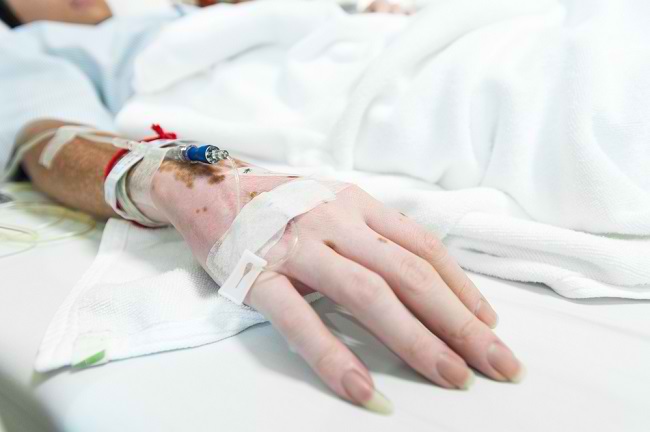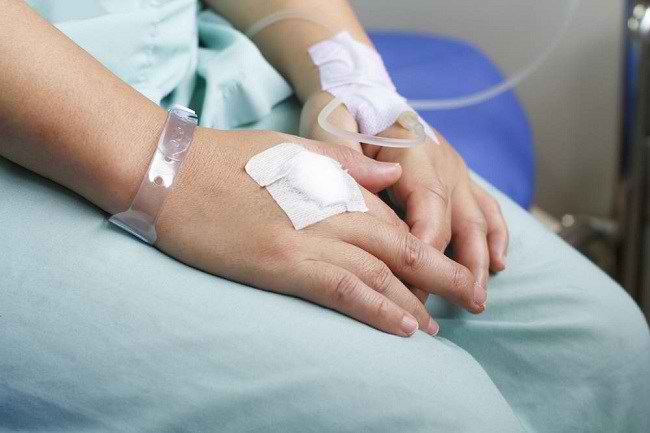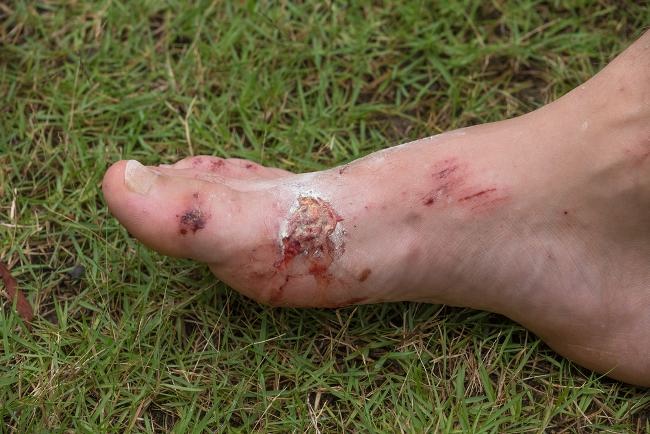Noscapine is a medicine to relieve a dry cough. This drug is available in the form of tablets, capsules, caplets, syrups, and oral drops.
Noscapine is an antitussive drug that can suppress the cough reflex, namely by inhibiting the response and accumulation of bradykinine which plays a role in stimulating coughing, so this drug can be used to relieve dry cough.

Noscapine trademark: Dextrosin, Flucodin, Longatin, Mercotin, Noscapax, Paratusin, Tilomix
What is Noscapine
| group | Prescription drugs |
| Category | Dry cough medicine or antitussive |
| Benefit | Relieves cough |
| Consumed by | Adults and children |
| Noscapine for pregnant and lactating women | Category N: It is not known whether Noscapine is absorbed into breast milk or not. If you are breastfeeding, do not use this medicine without consulting your doctor first. |
| Shape | Tablets, capsules, caplets, syrups and oral drops |
Precautions Before Using Noscapine
Note the following points before using noscapine:
- Do not take noscapine if you are allergic to this drug. Tell your doctor about any allergies you have.
- Tell your doctor if you have asthma. Noscapine should not be used in this condition.
- Tell your doctor if you are on treatment with an MAOI class of drugs. Noscapine should not be taken with this medicine.
- Tell your doctor if you have or are currently suffering from any condition that causes increased intracranial pressure or respiratory system disorders.
- Tell your doctor if you have or have had kidney disease, liver disease, or lung disease.
- Tell your doctor if you are taking certain medications, supplements, or herbal products.
- Discuss with your doctor first before giving noscapine to children.
- Tell your doctor if you are pregnant, breastfeeding, or planning a pregnancy.
- See your doctor right away if you have an allergic drug reaction, serious side effect, or overdose after taking noscapine.
Dosage and Rules for Use of Noscapine
The dose of the drug prescribed by the doctor will be adjusted to the condition and age of the patient. The following are common doses of noscapine for a dry cough:
Drug form: Oral drops
- Mature: 10 drops, 3-4 times a day
- child age 6–12 years old: 5 drops, 3-4 times a day
Drug form: Capsule
- Mature: 1-2 25 mg capsules, 4 times daily or 1 50 mg capsule, 4 times daily
- 10–15 years: 1 capsule 25 mg, 4 times a day
- Children aged 7–9 years: 1 capsule 25 mg, 3 times a day
Noscapine can be found in combination with other drugs. Read the instructions for use listed on the packaging before taking the drug. When in doubt, ask your doctor to get the appropriate dose for your condition.
How to Take Noscapine Correctly
Follow your doctor's recommendations and read the instructions on the package before taking noscapine. Do not increase or decrease the dose without consulting your doctor first.
Noscapine can be taken before or after meals. Try to take noscapine tablets, caplets, or capsules whole. Do not split, chew, or crush the medicine, as this may affect the effectiveness of the medicine.
If you are going to take noscapine in syrup or oral drops, shake the medicine first. Use a measuring spoon or dropper that is already available in the medicine package so that the dose is right. If a measuring device is not available, use a teaspoon.
If you forget to take noscapine, take the drug immediately if the break with the next schedule is not too close. If it is close, ignore it and do not double the dose.
Store Noscapine in a cool and dry place. Keep medicine out of reach of children.
Noscapine Interactions with Other Drugs
If used with coumarin-type anticoagulants, such as warfarin, the risk of bleeding may increase. Some antitussive drugs should also not be used with MAOI drugs because they can increase the risk of side effects.
To be on the safe side, talk to your doctor if you plan to take noscapine with certain medications, supplements, or herbal products.
Side Effects and Dangers of Noscapine
Side effects that can occur after taking noscapine are nausea or discomfort in the stomach. Check with your doctor if these side effects don't get better or get worse.
You should also see a doctor immediately if you have an allergic reaction to the drug, which can be characterized by symptoms such as a rash on the skin, swelling of the eyelids and lips, or difficulty breathing, after taking noscapine.









